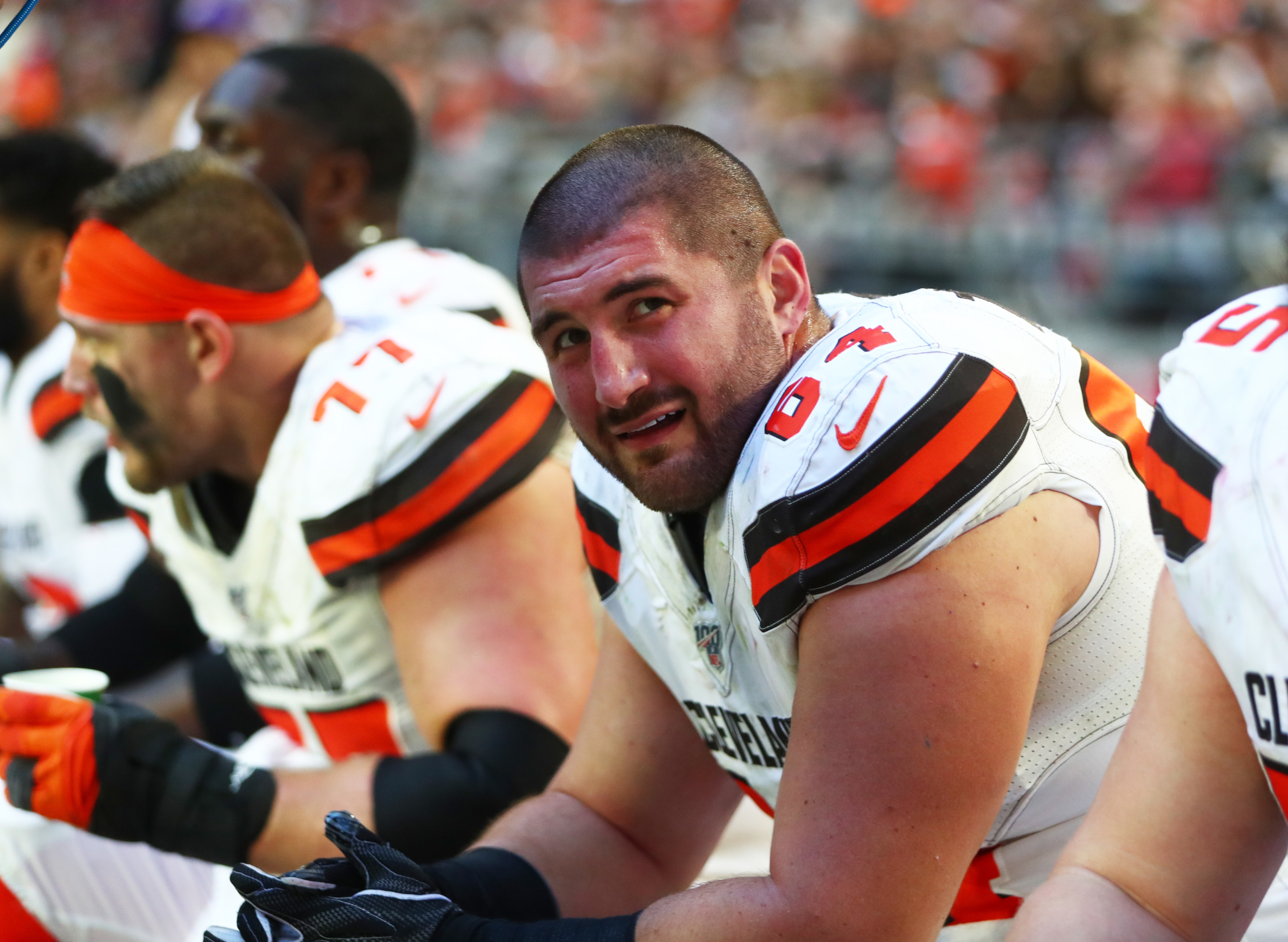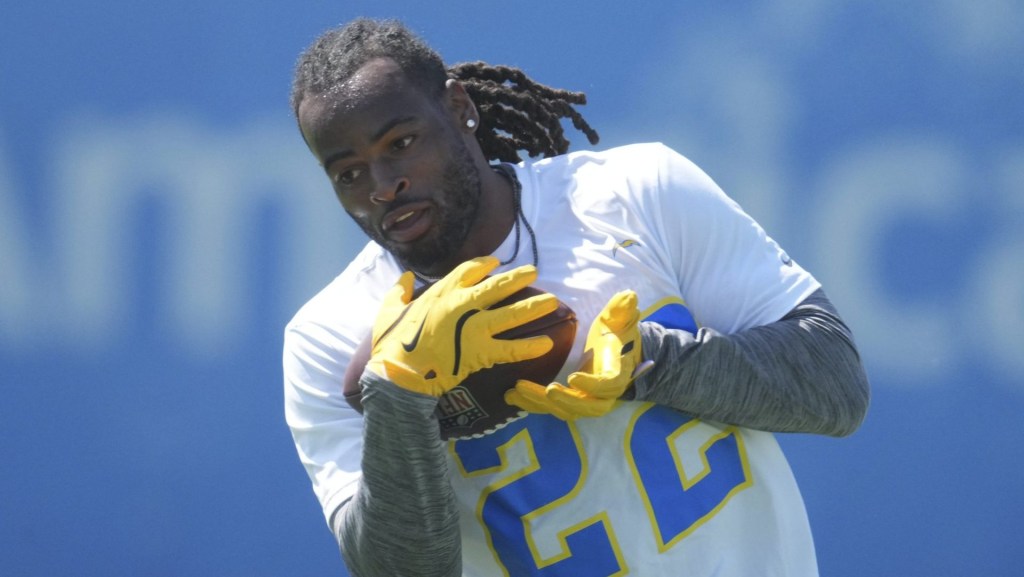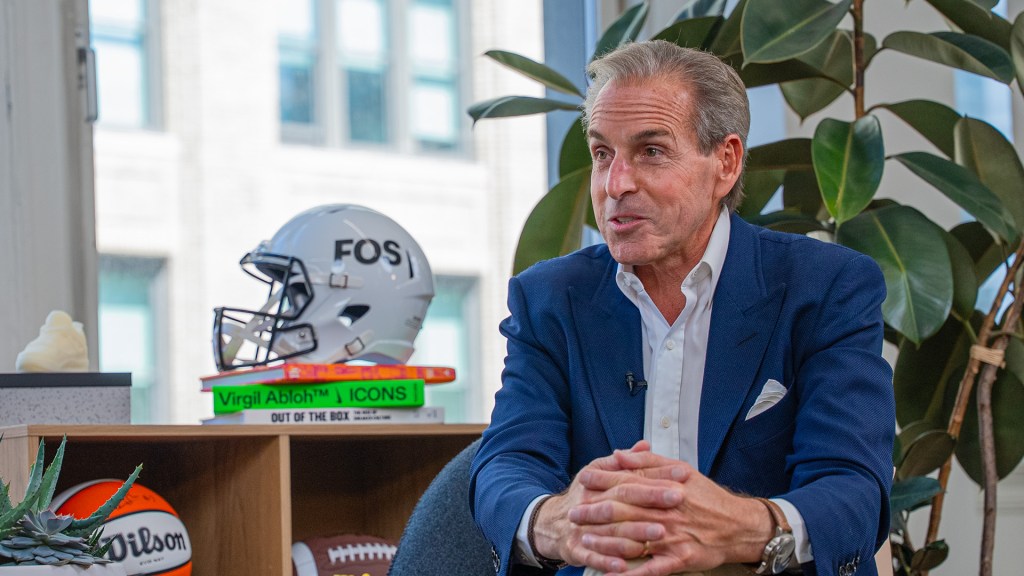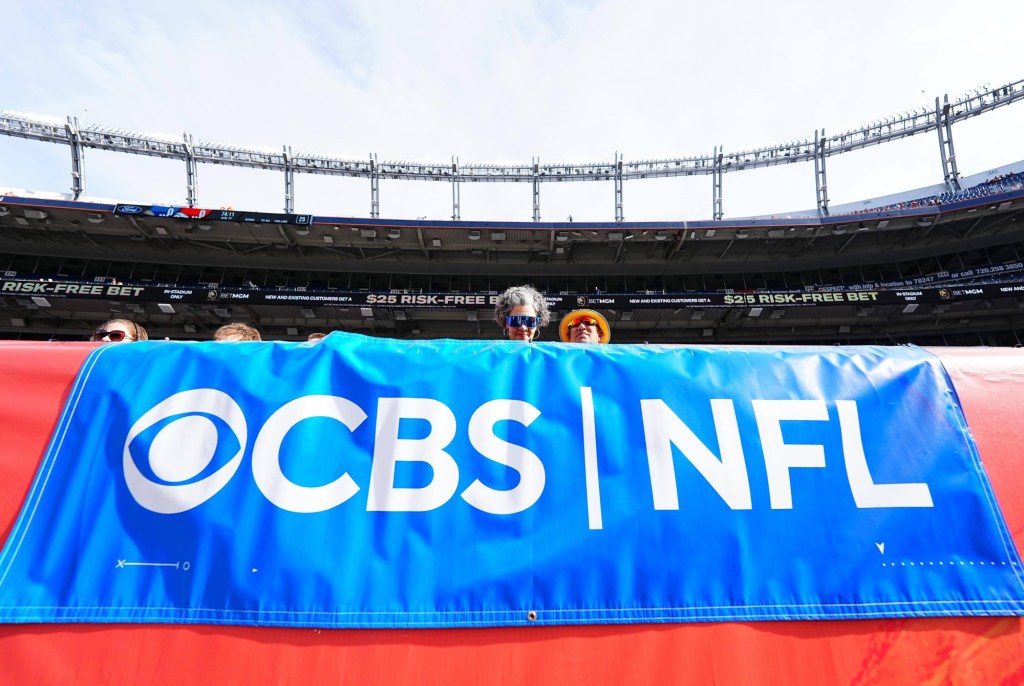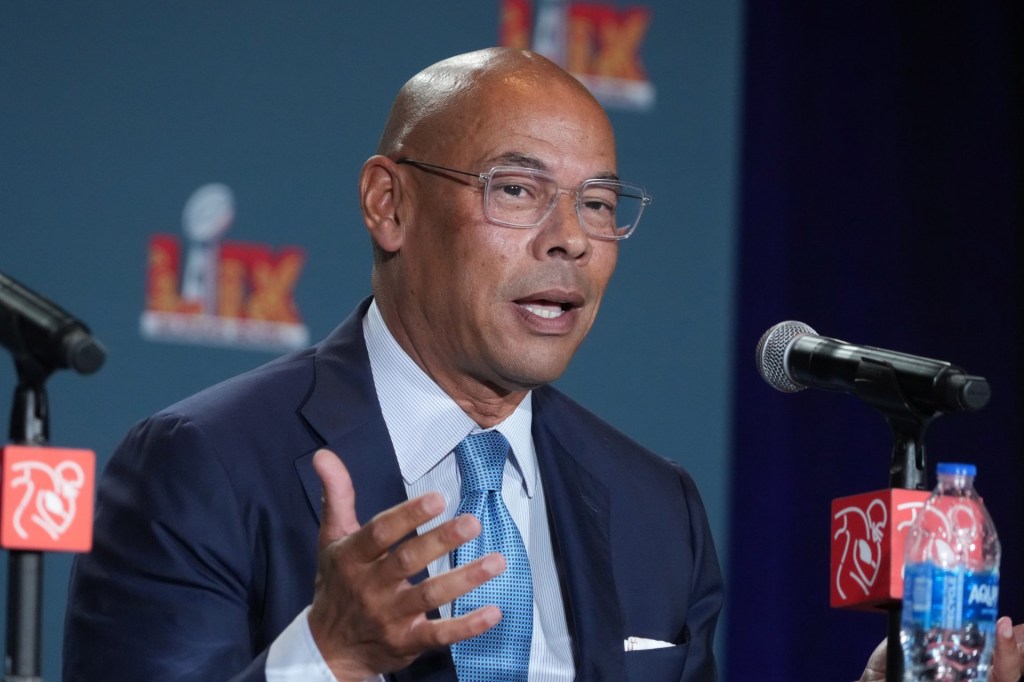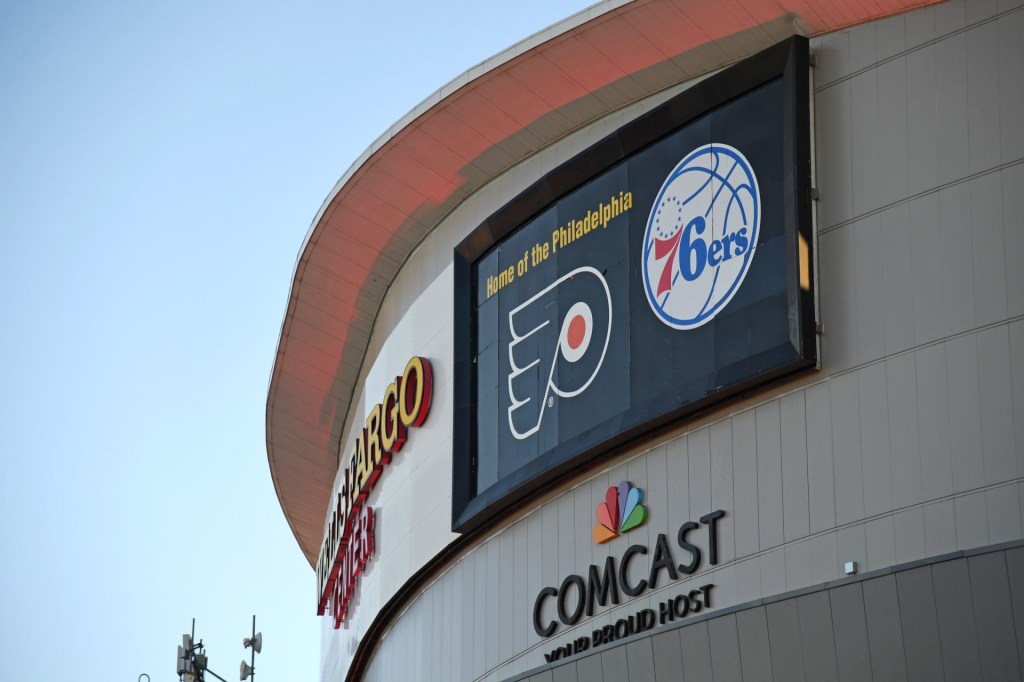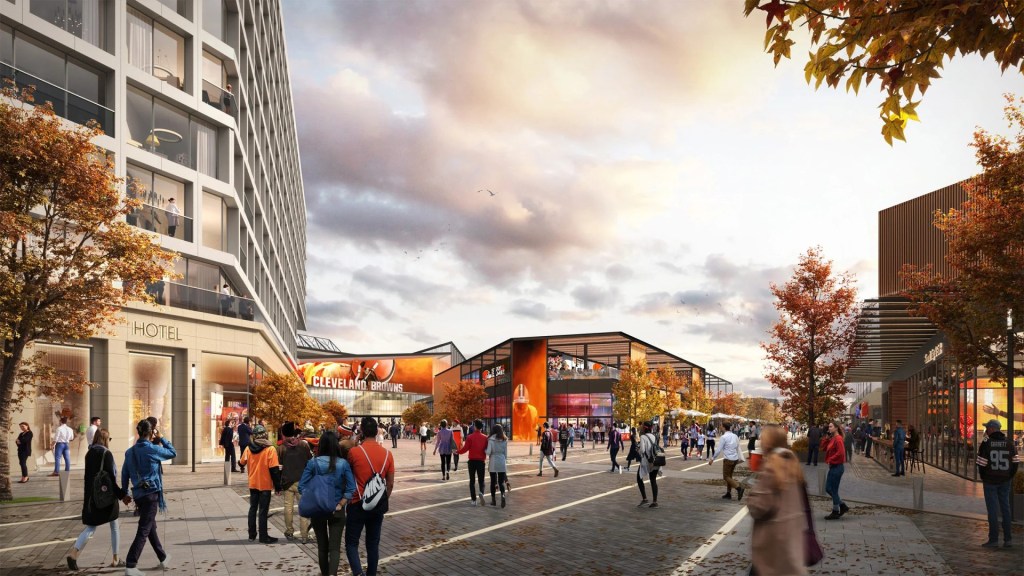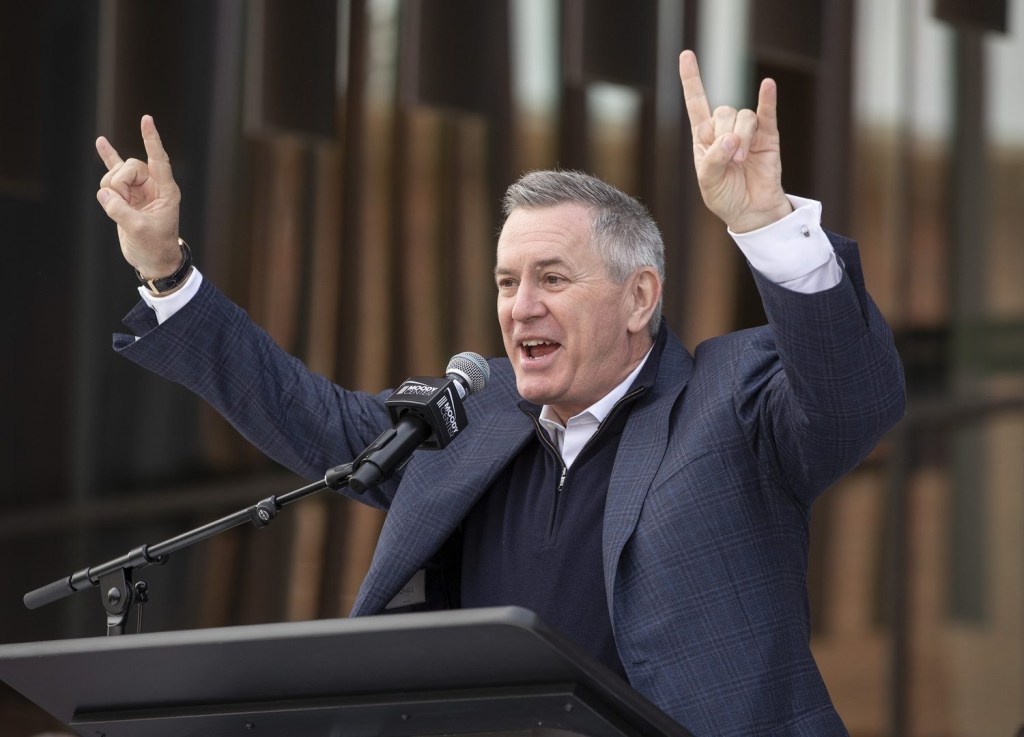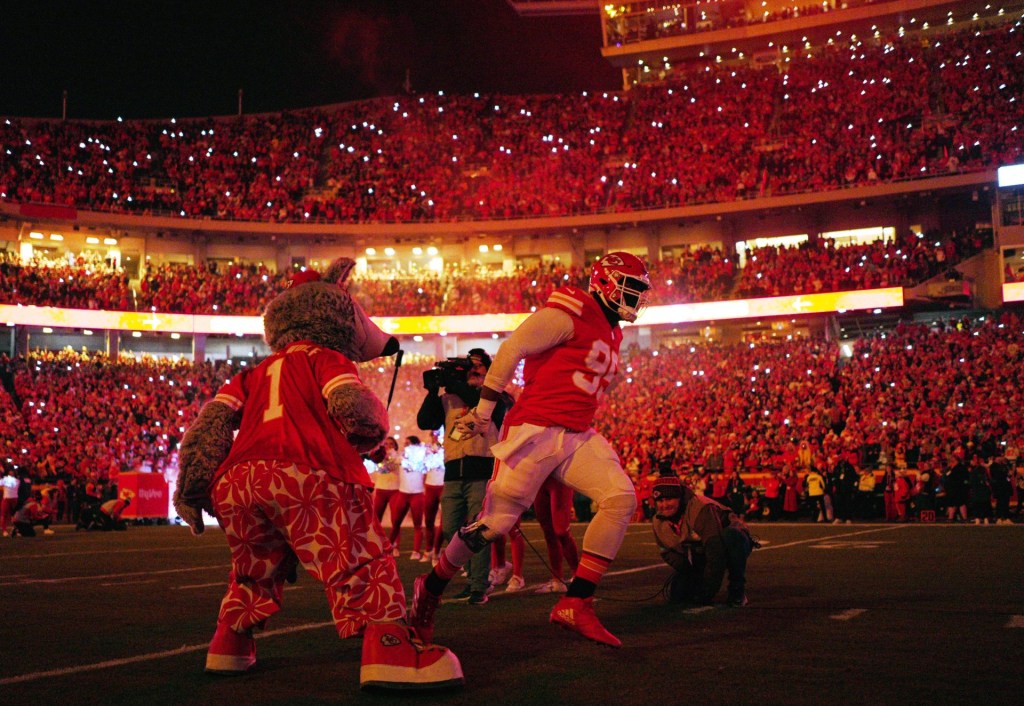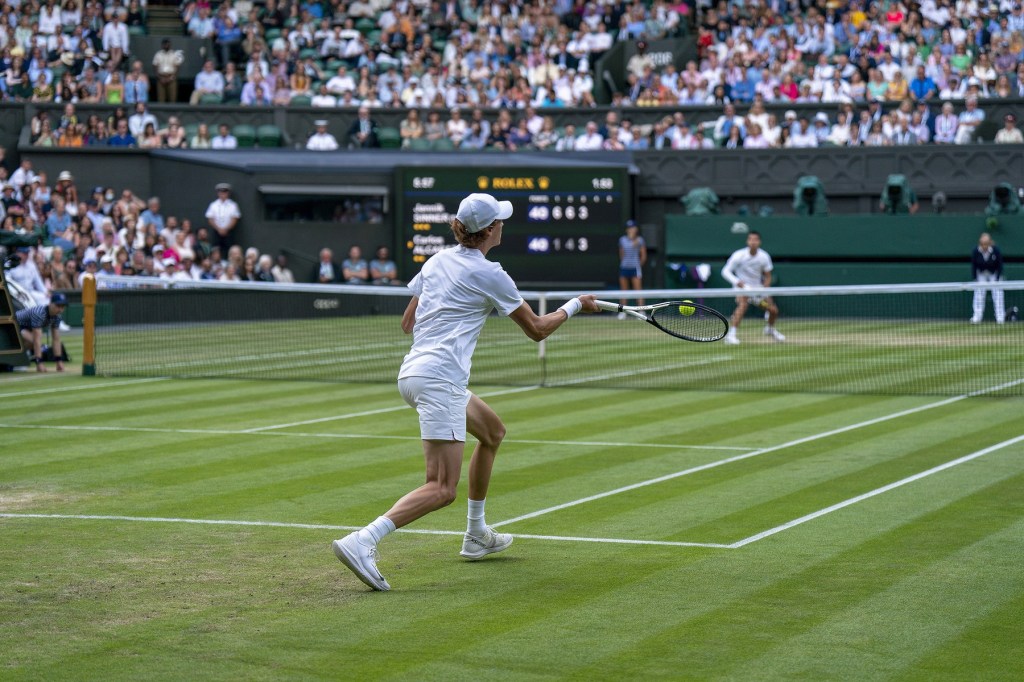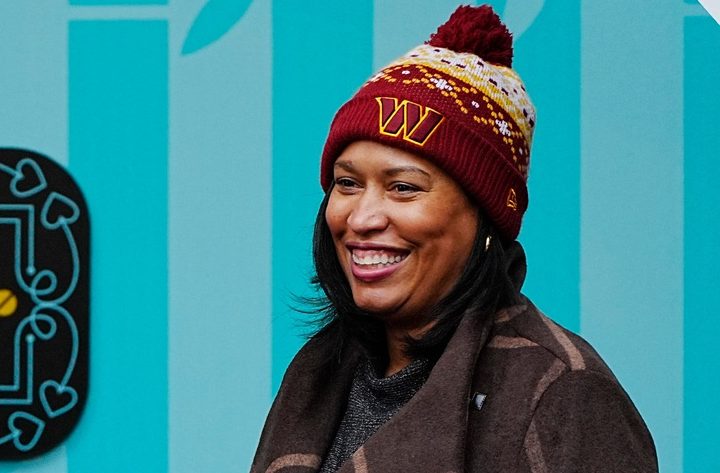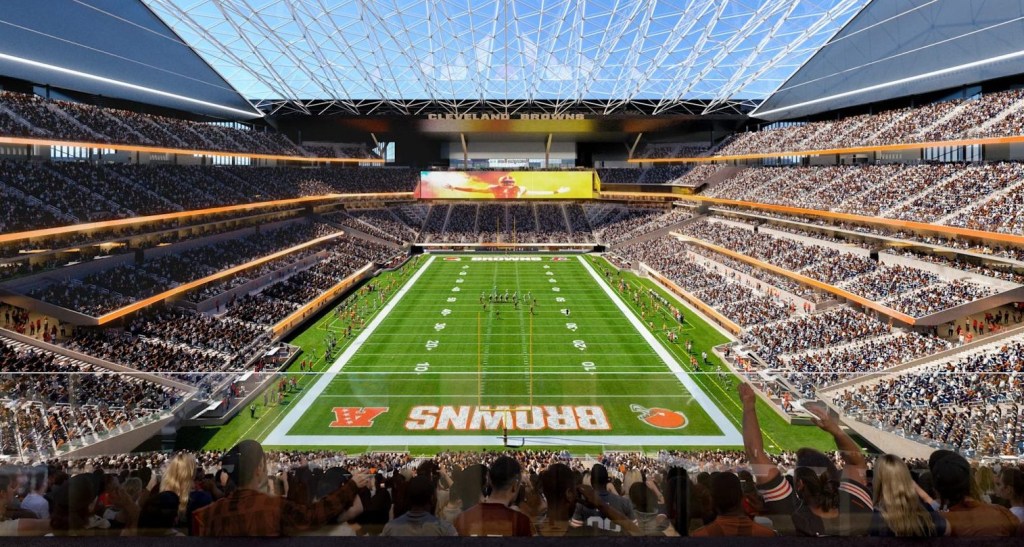In an open letter posted online, NFL Players Association President JC Tretter called for all NFL franchises to make their fields natural grass — rather than turf — citing its negative impact on the body.
“As a rookie learning the ins and outs of being a professional football player, I remember the collective groan that my older teammates made whenever it was announced that we’d be practicing indoors on artificial turf instead of the usual outdoor grass field. I played almost exclusively on synthetic turf in college,” Tretter writes.
“Once I started experiencing both surfaces interchangeably, I began to understand exactly why my teammates disliked the practices on turf,” he added. “Whenever I practiced on an artificial field surface, my joints felt noticeably stiffer the next day. The unforgiving nature of artificial turf compounds the grind on the body we already bear from playing a contact sport.”
His letter comes as the first three weeks of the NFL season have seen a high rate of injuries, including five significant lower leg ones to the San Francisco 49ers alone when they played on turf at MetLife Stadium including five significant lower leg ones to the San Francisco 49ers alone when they played on turf at MetLife Stadium in Week 2.
In total, 13 NFL teams have turf fields.
Niners defensive lineman Arik Armstead was among the players to blame the turf, tweeting after the game: “@nfl fix this trash MetLife turf. 2020 is so wack.” The league inspected the field in the week following and reaffirmed that it met standards.
Tretter cites NFL injury data collected from 2012 to 2018 that shows that the contact injury rate for lower extremities was higher during practices and games held on artificial turf, and that NFL players “consistently experienced a much higher rate of non-contact lower extremity injuries on turf compared to natural surfaces.”
The data showed that players had a 28% higher rate of non-contact lower extremity injuries when playing on artificial turf. Of those non-contact injuries, players had a 32% higher rate of non-contact knee injuries on turf and a 69% higher rate of non-contact foot/ankle injuries on turf compared to grass.
Another study from The American Journal of Sports Medicine found, based on data collected from 2012-2016, that play on synthetic turf resulted in a 16% increase in lower extremity injuries per play than that on natural turf in the NFL.
“This data is clear, so everyone involved with our sport should be similarly motivated to make this switch,” Tretter writes. “For players, we can be stronger advocates for ourselves by continuing to demand safer standards. For coaches and general managers, building a successful team is much easier with a healthy roster.”
“For NFL owners, any decision shown to protect their most important investments — the players — should be a no-brainer.”
The issue of turf safety is not a new one in sports.
It rose to prominence ahead of the 2015 FIFA Women’s World Cup, where several venues in host country Canada used turf fields — no FIFA men’s World Cup match has ever been played on turf.Former U.S. Women’s national team forward Abby Wambach and a group of other players filed a lawsuit against FIFA and the Canadian Soccer Association in 2014, but eventually dropped the claim when FIFA refused to budge on using the surface.
In the USWNT’s separate gender discrimation suit, SI reported in May that U.S. Soccer was granted summary judgment on the most consequential portions — including the USWNT’s complaint of alleged unsafe play on artificial turf. Players argued that U.S. Soccer forced the women’s team to play on turf — which the team deems inferior — as a result of “discriminatory animus,” since it happens more frequently than with the men’s team.
While the NFL and NFLPA have called on artificial turf manufacturers to try to develop surfaces that meet specifications that would make them safer — and for cleat manufacturers to develop footwear that could make turf safer — Tretter said clubs should “proactively change all field surfaces to natural grass” until those changes might happen.
